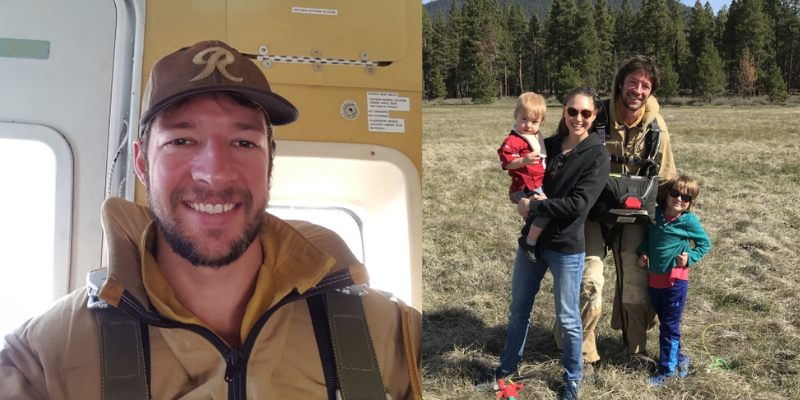Advancing Fairness for Federal Firefighters Sickened on the Job

Today, the Office of Workers’ Compensation Programs updated policy in the Federal Employees’ Compensation Program (FECA) to further streamline claims processing for federal firefighters with certain occupational diseases. FECA bulletin 23-05 builds on the previous changes we made last year and furthers implements provisions of the Federal Firefighters Fairness Act recently signed into law by President Biden.
In April 2022, we changed policy to ease the evidentiary requirement for federal firefighters to connect their exposure to toxic substances with certain diseases and illnesses. In December 2022, President Biden signed the National Defense Authorization Act for Fiscal Year 2023 into law. Section 5305 of the act establishes that certain illnesses and diseases are “deemed to be proximately caused by employment in fire protection activities.”
Currently, there are over 10,000 firefighters in the federal government. We receive about 2,600 claims annually from federal firefighters injured or sickened on the job, about 175 of which are for complex occupational diseases such as cancer, heart disease and lung disease. Before our policy change in 2022, these claims were accepted on average only about 29% of the time. Since the change, as of February 2023, over 90% of processed claims have been accepted.
Our new bulletin not only makes it easier for federal firefighters to establish their claims, but also outlines additional actions required by the National Defense Authorization Act:
-
To promote ongoing research, we will provide firefighters the opportunity to voluntarily register with the National Firefighter Registry at the National Institute for Occupational Safety and Health (NIOSH).
-
We will continue to regularly review the best scientific evidence to determine if additional conditions should be added to the list of high-risk diagnoses, including breast cancer, gynecological cancers and rhabdomyolysis.
-
We will support the work of NIOSH and the departments of the Interior and Agriculture to conduct a comprehensive study on long-term health effects that federal wildland firefighters experience after being exposed to fires, smoke and toxic fumes when in service.
-
The number of days to submit evidence in support of an initial claim for injury or disease has been changed from 30 to 60 days. This change applies to all claims from federal employees, not just those from firefighters.
Moving forward, our special claims unit in the FECA program will continue to process all claims from federal firefighters to help ensure uniform consistency in adjudication. Together, I am confident these actions will help to advance fairness for federal firefighters injured or sickened on the job.
Read the March 2023 fact sheet on the “Special Case Handling in Certain Firefighter FECA Claims Processing and Adjudication” bulletin.
View the most up-to-date information on claims processing for federal firefighters.
Christopher J. Godfrey is the director of the Office of Workers’ Compensation Programs.
Koebel.Tiffany…
Mon, 03/20/2023 – 16:52


Comments are closed.